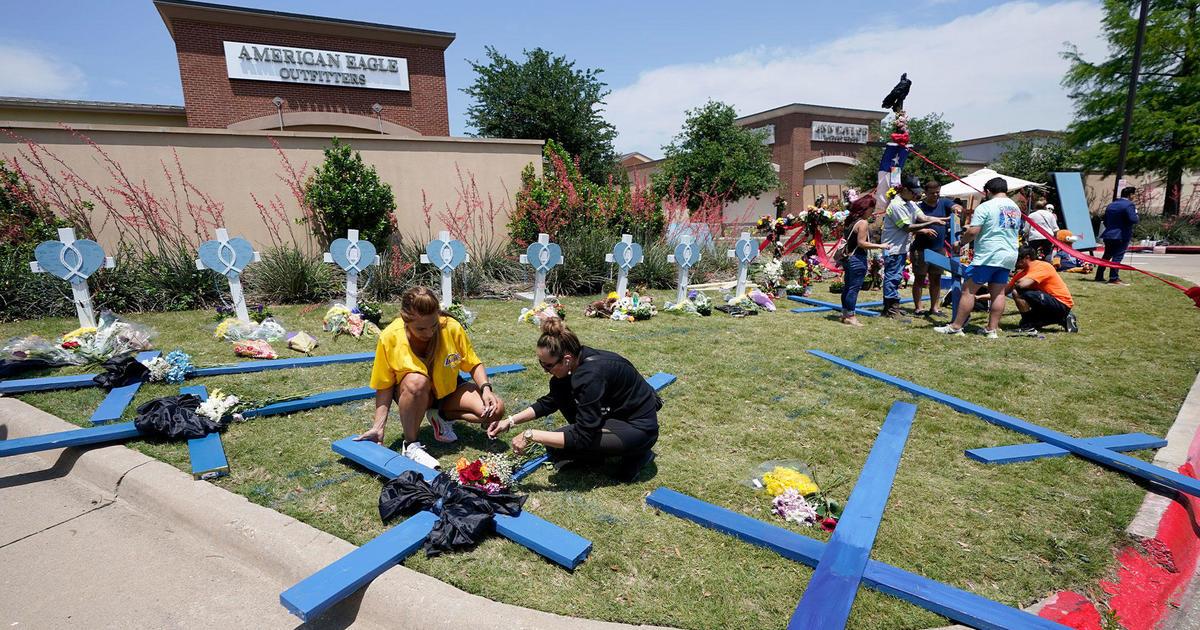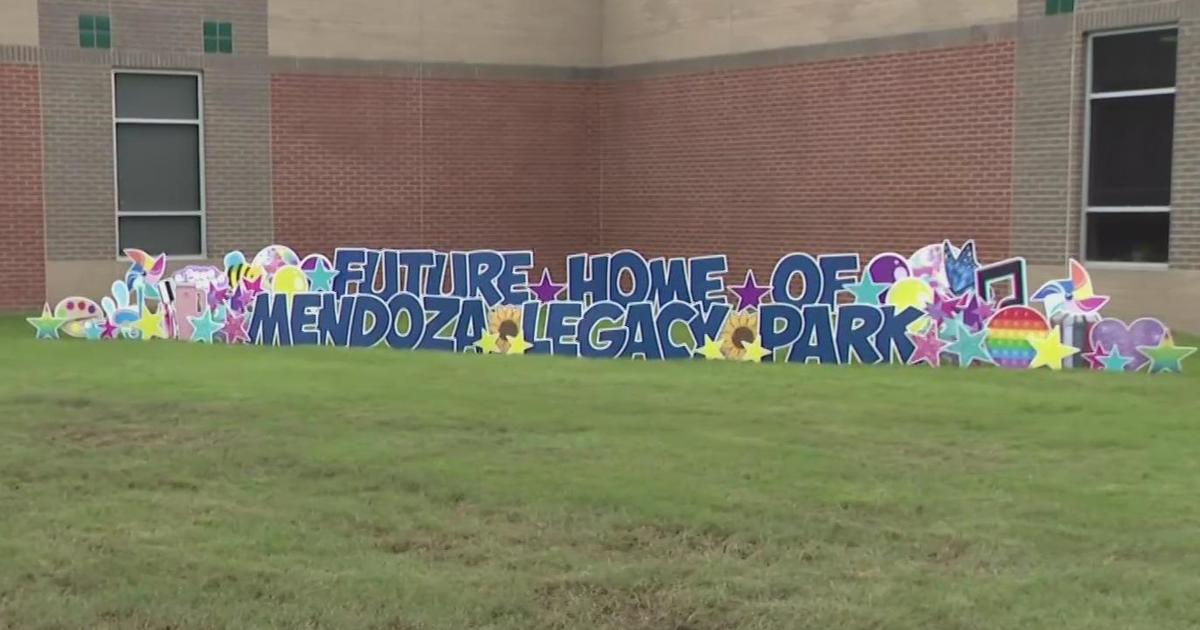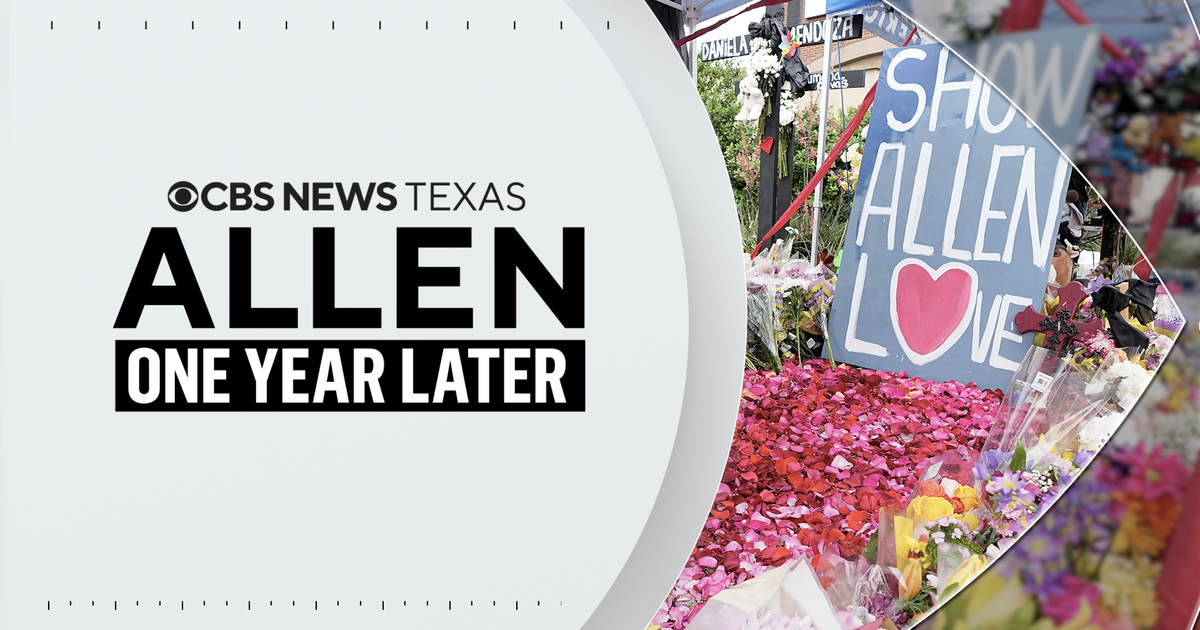FBI Changed How It Pursued Potential Threats To Life After Deadly Parkland, Florida School Shooting
DALLAS (CBSDFW.COM) - While one of the FBI's most important missions is to prevent terrorist attacks in the United States, the agency also now aggressively chases down more potential general threats to life.
The change came after the FBI received, but didn't act on, two tips about Nikolas Cruz, the young man accused of killing 17 people at the high school in Parkland, Florida in February of 2018.
The Dallas FBI and all field offices across the country have reallocated resources to pursue these threats, often while you and your family are sleeping.
Dan Odom, an Assistant Special Agent In Charge of the Dallas FBI said, "The FBI is here and we receive these threats. We're not just sitting on them, we're actually going out and acting on these threats."
Odom said before the Parkland shooting, when potential threats came into the FBI, the agency wouldn't take the lead if they weren't considered a federal crime, and local authorities were already notified.
Now, FBI agents do take the lead even if the potential crimes are not federal.
When the Dallas FBI receives tips of potential threats, Odom said the 24 hour command center notifies supervisors. "Start notifying agents, whether it be 1 o'clock in the morning, or whatever time it is, to start looking at it and start trying to identify who the individual is posting it or the individual making the actual threat."
He said it doesn't happen every night. "It's certainly a weekly thing."
Odom said a majority of the potential threats are social media posts from teenagers and most take place during the school year.
Between October 1 last year and July 31 of this year, the Dallas FBI received 1,800 potential criminal threats.
Most were resolved quickly, and the FBI determined 29 of them were legitimate threats to life.
The FBI has capabilities local authorities do not, and so when the threats come in, federal agents continue investigating after they notify local police and school districts.
"What we'll do is stand shoulder to shoulder with them. They would take whatever action they deem is appropriate according to the threat. If we think it's a threat against a particular school, they may go up to the school, put more resources at the school. They may notify the parents. They may notify obviously the principal."
Odom said the threats aren't always clear and can be challenging to trace, and they can take place during the middle of the night.
"Here's a post received but it's been retweeted five times and so we're kind of having a hard time who actually made the threat. Sometimes, the agents are forced to go out and interview three or four or five different kids and figure out hey it wasn't me or somebody else who actually did it."
Just last week, the FBI arrested a 23 year old Richardson man accused of sending threatening messages on Snapchat to female college athletes in different states he didn't know.
The agency said agents conducted forensic analysis which led them to the suspect.
The man pleaded not guilty.
In court, agents said there's no evidence so far, he planned to act on the threats.
Odom said his agents have had some close calls. "We've had some close calls, yes, and where we've actually intercepted the individual right before they were actually ready to take some action."
He wouldn't elaborate on that.
The FBI said with the new school year about to start, they expect an increase in these potential threats coming in.
If there is a threat, the FBI said your local police department should be your first call.



